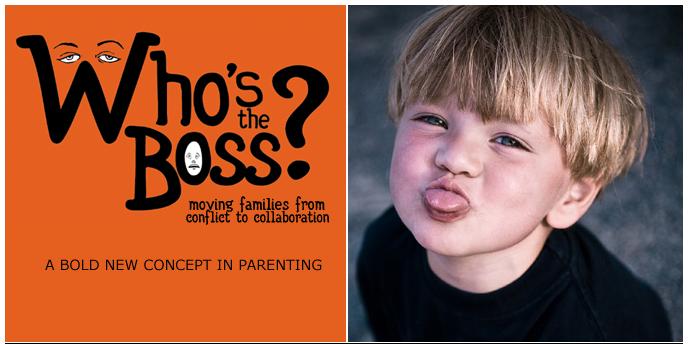Even the youngest toddler is sensitive to a parent’s mood and body language. If something major is happening in your life you can be sure that it will impact your child. So often, parents cannot believe that their child can pick up on adult concerns. Although they may see that their child is more clingy, has sleep issues or other behavior changes, they do not connect that change with what is happening in their (and consequently their child’s) world. If they talk about the issue in front of the child they cannot be sure what part of the discussion will be understood. Even if the parents are being careful with their discussions, their child will notice changes in their routines and their parent’s temperament.
The key to speaking to your child about sad news is to tell the truth without giving them more detail than they need to understand the basic situation. In the case above, this mom can honestly tell her 3, 4 and 5 year old that grandpa is not feeling well and he is in the hospital so the doctors can help him. If they ask if he will get "all better" a parent can simply answer: We hope so. It is also important to help a young child differentiate between serious illness and their everyday maladies. You can say something like: Grandpa is sick-but it is not the same as when you get an ear ache and the doctor gives you the pink medicine. Assure your child that she is fine and that adults will be there to take care of her. This is especially important if you must enlist frequent caregivers.
If your child wishes to see the person who is ill, let her, if it is medically allowed. Prepare the child in advance if she will see an IV or other paraphernalia that may be confusing. Let her know that grandpa will not be able to give her a piggy back ride etc. but he will be glad to see her. Encourage your child to bring something for the sick room-such as a picture they have drawn. Keep visits short-young children find it hard to keep a vigil.
Sharing distressing news is not easy but when you give your child appropriate information you help her begin to understand and accept even the most difficult situations.
Next blog: How to tell children that someone they love is dying or has died.
,








Post a Comment